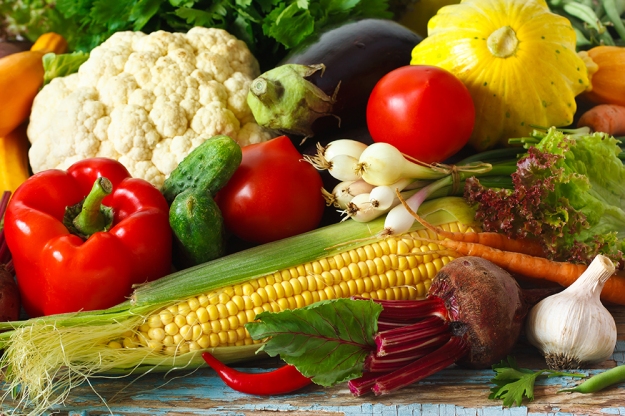The definition of antioxidants is in their name. Antioxidants help counteract the damage – oxidation – that happens to your body through regular bodily functions and external conditions. Oxidation is caused by free radicals comprised of atoms that have an unusual amount of electrons.
These electrons are highly unstable and scavenge your body either grabbing or donating electrons which damage your cells and DNA. This is similar to how iron rusts or cut up apples turn brown. Inside your body, this oxidation occurs as disease such as cancer, heart disease, stroke, Alzheimer’s, rheumatoid arthritis and cataracts.
Free radicals occur in your body by common natural occurrences like exercise and converting food into energy. Air pollution and cigarette smoke are man-made causes of free radicals.
Antioxidants work by neutralizing those free radicals, either by stopping the oxidation process or preventing oxidation from occurring in the first place.
Antioxidants are found mostly in the vitamins and nutrients in our foods. Some of the most powerful antioxidants are Vitamins A, C and E, beta-carotene, selenium, flavonoids and phytochemicals.
Here are some common sources of these powerful antioxidants:
Vitamin A – broccoli, kale, squash, carrots and prunes.
Vitamin C – citrus fruits, broccoli, leafy green vegetables, tomatoes and peppers.
Vitamin E – nuts, avocado, wheat germ, liver and leafy green vegetables.
Beta-carotene – cantaloupe, mangoes, pumpkin, sweet potatoes and apricots.
Selenium – whole wheat bread, brown rice, and most meats and seafood.
Flavonoids – soy, red wine, pomegranate, cranberries, blueberries and tea.
Phytochemicals – every color of produce provides a different phytochemical, each with its own unique benefit.
Eating a variety of nutritious foods and staying away from pollutants can slow down the oxidation process and reduce the effects of free radicals.
Sources
http://health.howstuffworks.com/wellness/food-nutrition/facts/antioxidant1.htm
http://greatist.com/health/what-are-antioxidants
Related Article

Join the Discussion
0 Comments